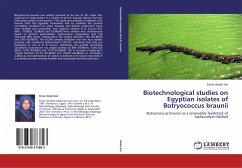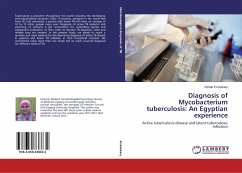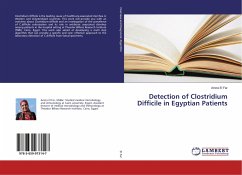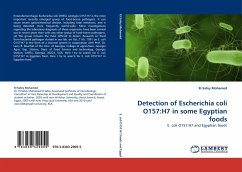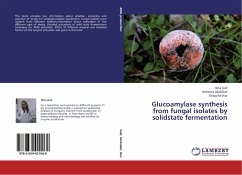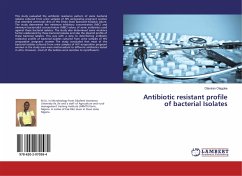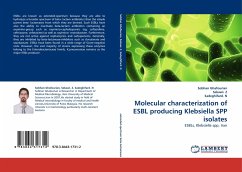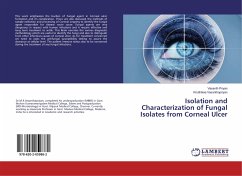Botryococcus braunii was widely reported to be one of the major bio-resources of hydrocarbon in a variety of oil-rich deposits dating from the Ordovician period to the present. This study aims primarily at isolation of B. braunii from the Egyptian freshwater and to optimize the growth controlling conditions to attain biomass and biofuel production much more feasible and sustainable. Four Egyptian isolates of B. braunii (EG-Bb01, EG-Bb02, EG-Bb03 and EG-Bb04) were isolated and characterized based on growth potentialities, hydrocarbon composition and 5.8s ribosomal RNA genes. Hydrocarbon (%) ranged between 33% (EG-Bb03) and 53% (EG-Bb01). The GC/MS analysis indicated that the four isolates produce odd numbered hydrocarbons C25-C31; indicating that they are belonging to race A of B. braunii. Optimizing the growth controlling conditions increased the dry weight biomass by 80% (EG-Bb01), 112% (EG-Bb02), 137% (EG-Bb03) and 112% (EG-Bb04). The % increase in lipids (gl-1) ranged between 81.7% (EG-Bb03) and 154.6% (EG-Bb04). In conclusion, scaling-up and optimization of culture conditions of B. braunii may hold of a potential promise towards feasible and sustainable biofuel production.

